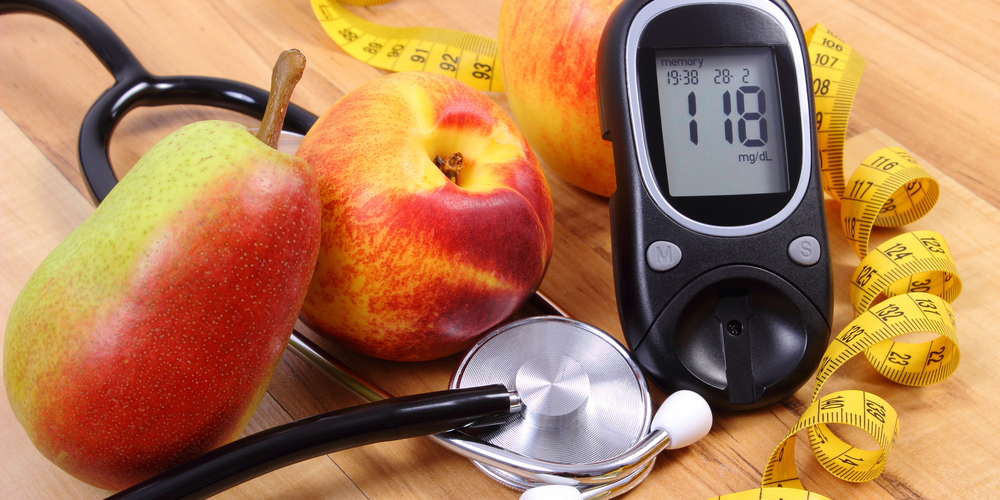
Nutrition Dietetics
Dr. Ajay Kumar Gupta has a fine team of efficient & dedicated dieticians who provide highly customized diet conseling for both outpatients & in-patients.
A Friendly positive and interactive diet counsellor is available at the centre. They makes sure the diet chart is personalised, has a practical approach, is not resources straining for the patient and is understood by the caregivers and the patient. You are what you eat, we at Madhumeha Diabetes Clinic centre for complete diabetes care ensure you get a complete healthy, tasty and nutritive diet.
Exercise with Diet
A sedentary lifestyle and a lack of physical exercise are associated with insulin resistance. However, regular exercise and a healthy diet may help prevent Prediabetes from becoming type 2 diabetes.
When you move your body, your muscles use glucose for energy, which helps decrease insulin resistance, while improving insulin sensitivity and the uptake of glucose.
If you're new to exercise, start slowly and find activities you enjoy. This may include strength training, running, walking, swimming, tennis, and yoga. Aim for moderate- and high-intensity workouts as you build strength and stamina. It's recommended to exercise at least 150 minutes per week, regardless of intensity level or type of exercise
Glycemic Index and Carbs
Carbohydrate (carbs) are often wrongly perceived as a nutrient to avoid; carbs are your brain and body's energy source, so including some is important.
However, there are varying degrees of quality when it comes to carbs. Choose carbohydrate sources that support your blood sugar, are higher in fiber, and are lower on the glycemic index (GI) scale (a tool designed to determine how certain foods will likely raise your blood sugar levels).
Foods that have been assigned a high GI generally raise your blood sugar faster and more dramatically and have fewer nutrients. Foods with a lower GI are better for blood sugar management and are typically higher in fiber.
Hypoglycemia
Also known as low blood sugar or low blood glucose
Hypoglycemia (low blood sugar) is a condition that occurs when the glucose level in your blood drops too low. Common symptoms of hypoglycemia include shakiness, fast heartbeat, sweating, headache, and fatigue. It is usually related to having diabetes, but it can be caused by other factors and conditions, such as medications, drinking too much alcohol, critical illnesses, or hormone deficiencies. Although rare, certain tumors can cause hypoglycemia.
